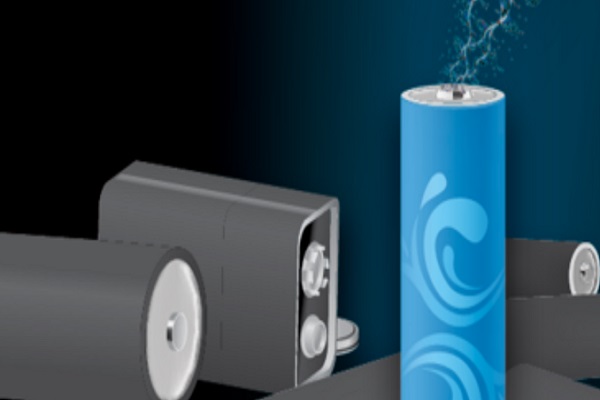Researchers at Texas A&M University have shown that water-based batteries could provide a safer and more efficient alternative to lithium-ion batteries that contain cobalt.
“There would be no battery fires any more because it’s water-based,” said chemical engineering professor Dr Jodie Lutkenhaus. “In the future, if materials shortages are projected, the price of lithium-ion batteries will go way up.
“If we have this alternative battery, we can turn to this chemistry, where the supply is much more stable because we can manufacture them here in the United States and materials to make them are here.”
Water-based batteries consist of a cathode, an electrolyte and an anode. The cathodes and anodes are polymers that can store energy, and the electrolyte is water mixed with organic salts.
The electrolyte is key to ion conduction and energy storage through its interactions with the electrode, and the team’s recent research indicates that the choice of material can be crucial.
“If an electrode swells too much during cycling, then it can’t conduct electrons very well, and you lose all the performance,” said Lutkenhaus. “I believe that there is a 1,000 per cent difference in energy storage capacity, depending on the electrolyte choice because of swelling effects.”
The scientists state that the new batteries could be made from redox-active, non-conjugated radical polymers (electrodes). However, the reaction is difficult to analyse because of the simultaneous transfer of electrons, ions and water molecules.
To demonstrate this method, the researchers complemented the experiments with computational simulation and analysis.
The researchers macroscopically observed if the battery cathode was working better in the presence of certain kinds of salts by measuring exactly how much water and salt is going into the battery as it is operating.
If successful, water-based batteries could become a safer alternative to the types of batteries in use today. Another proposed option has been the use of batteries made from rubber.
“With this new energy storage technology, this is a push forward to lithium-free batteries. We have a better molecular level picture of what makes some battery electrodes work better than others, and this gives us strong evidence of where to go forward in materials design,” Tabor added.
Lithium-ion batteries are responsible for around 48 per cent of all waste fires – around 700 a year – occurring in the UK each year, costing waste operators, fire services and the environment approximately £158m annually, according to research published by Eunomia.
The organisation’s informal reporting suggests that the annual number of battery fires could be three times higher than Eunomia’s estimate, with hundreds more fires occurring in recycling and waste management facilities and collection vehicles.
In July 2022, a huge fire in a London high-rise prompted firefighters to issue an urgent warning about the risk of fires involving the lithium batteries of converted e-bikes.
The water-based battery project is funded by the US Department of Energy and the National Science Foundation through the Texas A&M Engineering Experiment Station. The findings of the experiments have been published in an article in Nature Materials.
Source: E&T










